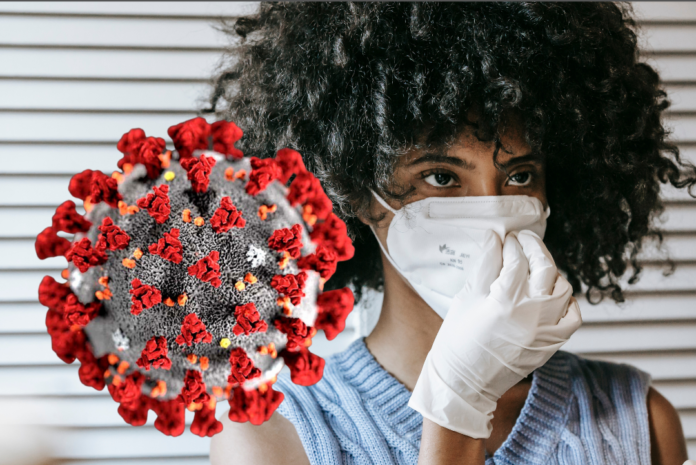The COVID-19 pandemic is not over yet. In fact, it seems to be making a comeback. In recent times, there have been concerns about the resurgence of COVID-19 in various parts of the world, including Africa. This is being driven by a number of factors, including the BA.4 and BA.5 subvariants of Omicron, which are more transmissible than previous variants.
Data from the Centers for Disease Control and Prevention show that hospitalizations have been moving higher since the start of July – the first rise noticed this year. For the week ending July 22, the government recorded 8,035 additional hospital admissions, a 12.1% rise from the week before but still one of the lowest numbers throughout the pandemic. For contrast, that figure was more than 44,000 at that time last year.
As of September 2023, only about 40% of the population of Nigeria is fully vaccinated against COVID-19. This is well below the global average of 60%. Low vaccination rates make it more difficult to control the spread of the virus.
As we navigate this ongoing battle, it is essential to examine the factors contributing to the resurgence of the virus in Nigeria and Africa, understand what to expect in the coming months, and explore strategies to respond effectively.
Why is it Resurging
Vaccine Access Challenges
While vaccine distribution efforts have been underway in many African countries, challenges such as supply shortages, distribution logistics, and vaccine hesitancy have hindered progress. Achieving widespread vaccination coverage remains a significant challenge.
Vaccine Hesitancy
Vaccine hesitancy, driven by misinformation, distrust, and cultural factors, has affected vaccination campaigns in Nigeria and several African countries. Convincing a substantial portion of the population to get vaccinated is a complex task.

What to Expect in Nigeria
So, what can we expect from COVID in Nigeria and Africa in the coming months? Here are a few things to keep in mind:
Cases will continue to rise. The BA.4 and BA.5 subvariants are highly contagious, and they are already responsible for the majority of new cases in many African countries. As a result, we can expect to see continued increases in cases in the coming weeks and months.
Hospitalizations and deaths will likely increase, but not to the same extent as cases. The BA.4 and BA.5 subvariants are less likely to cause severe illness than previous variants. However, they can still cause serious illness in some people, especially those who are older or have underlying health conditions. As a result, we can expect to see an increase in hospitalizations and deaths, but it is unlikely to be as severe as the previous waves of the pandemic.
The pandemic might become endemic. This means that COVID will continue to circulate in the community, but it will no longer cause widespread illness and death. This is because most people will have some immunity to the virus, either from vaccination or previous infection.
What you can do to protect yourselves from COVID?
- Get vaccinated and boosted. Vaccination is the best way to protect yourself from serious illness from COVID. If you are not vaccinated, get vaccinated as soon as possible. If you are already vaccinated, get boosted as soon as you are eligible.
- Wear a mask in public indoor settings. Masks can help to reduce the spread of the virus, especially if you are in close contact with others.
- Stay home if you are sick. If you are feeling sick, stay home and avoid contact with others. This will help to prevent the spread of the virus.
- Wash your hands often. Washing your hands with soap and water for at least 20 seconds can help to remove the virus from your hands.
While uncertainties persist, the commitment to safeguarding public health and mitigating the impact of COVID-19 remains unwavering in Nigeria, Africa, and the world at large.















